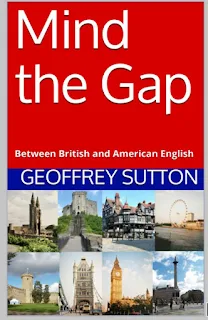Raven Black Shetland Series Book 1 by Ann Cleeves
Shortly
after the New Year, Fran Hunter of Ravenswick finds incomer 16-year old
Yorkshire lass, Catherine Ross, in the snow. She and her father were coping
with the loss of her mother in different ways. Black Ravens circle above her dead body. Fear quickly
spreads in the community and Magnus Tait, a man on the margin of society,
becomes the focus of suspicion by his neighbours. To make matters worse,
another girl, Catriona Bruce, had disappeared eight years ago and Tait was a
suspect in Catriona’s disappearance as well. Detective Inspector Roy Taylor, a
large and energetic Englishman working in Inverness, joins local Shetland Detective
Inspector Jimmy Perez and sergeant Sandy Wilson. As they solve Catherine’s
murder, they also discover what happened to Catriona’s as well. In the
background, a romance develops between Fran and Jimmy.
I have a
paperback version and recommend this to those who enjoy slow and thoughtful
styles of British crime mysteries and appreciate learning new words that add to
the texture of Shetland culture.
Here's a map of Shetland featuring some of the places in the series.
Read more about the Shetland Series and the Shetland Islands
Ad
You may find the book, Mind the Gap, interesting.
Mind the Gap…Between British and American Language & Culture
Available on AMAZON as a Paperback or Kindle Book
Please check out my website www.suttong.com
and see my books on AMAZON or GOOGLE
STORE
Also,
consider connecting with me on FACEBOOK Geoff W. Sutton



Comments
Post a Comment